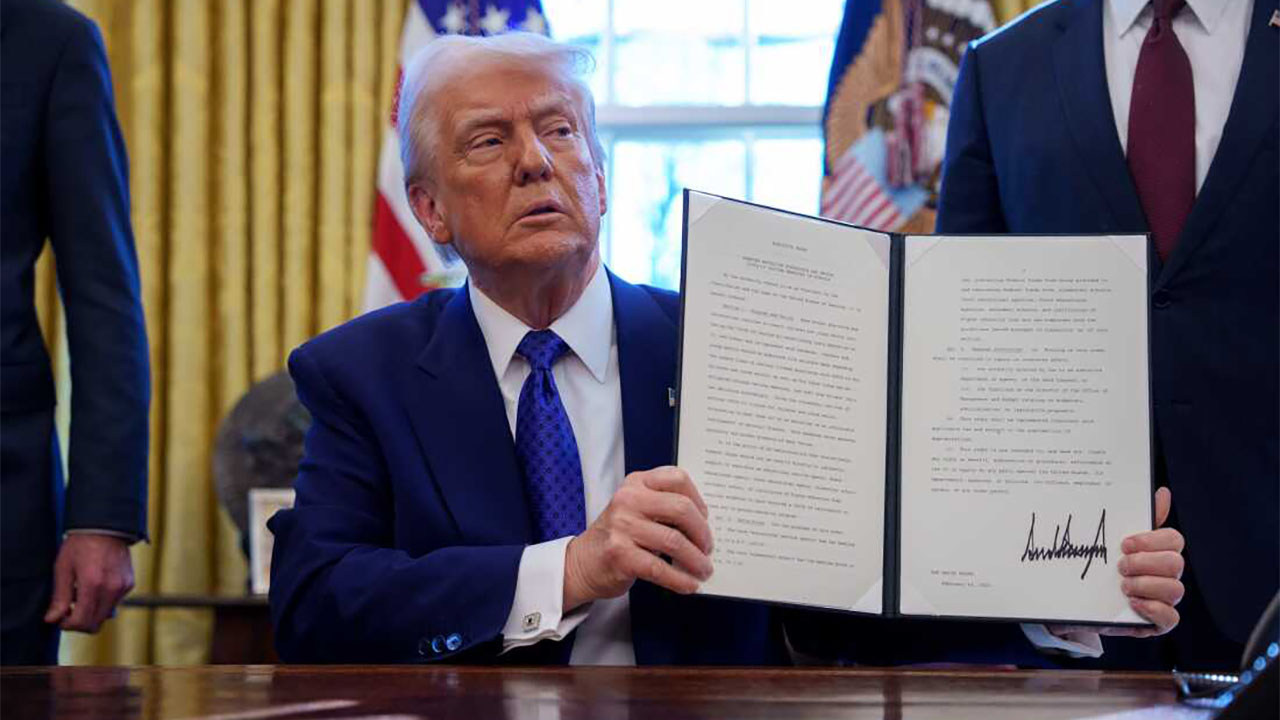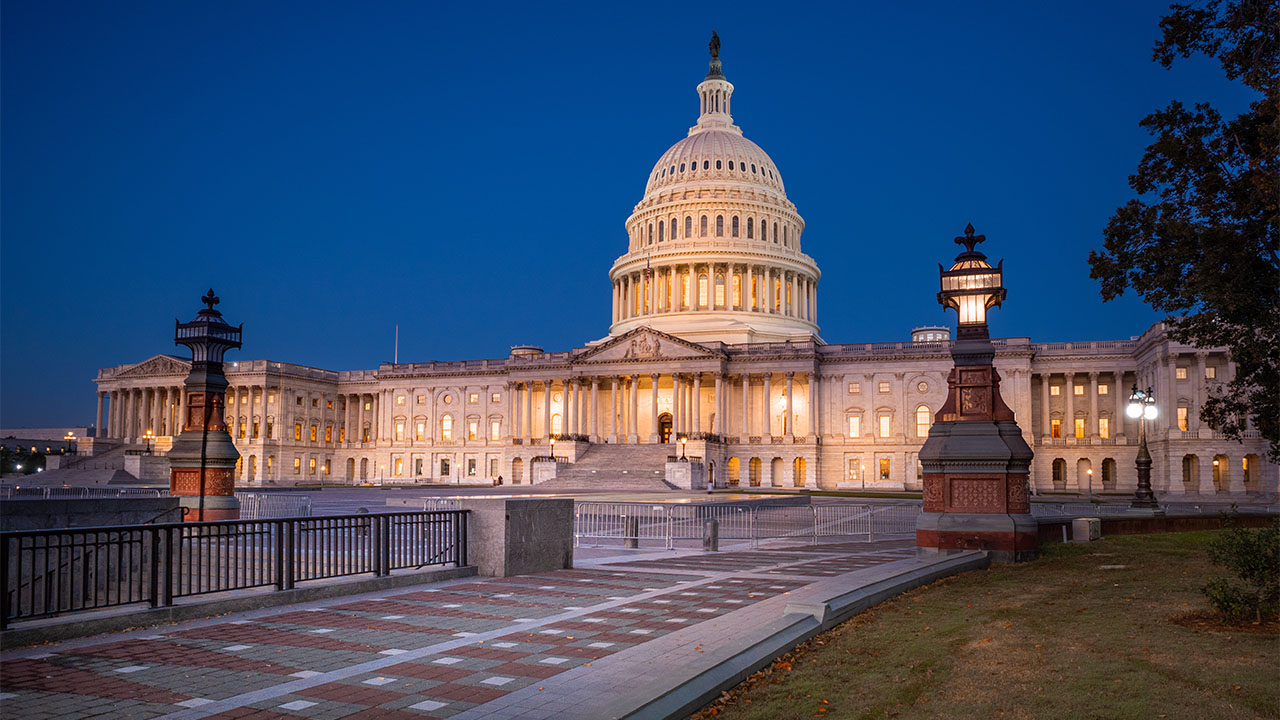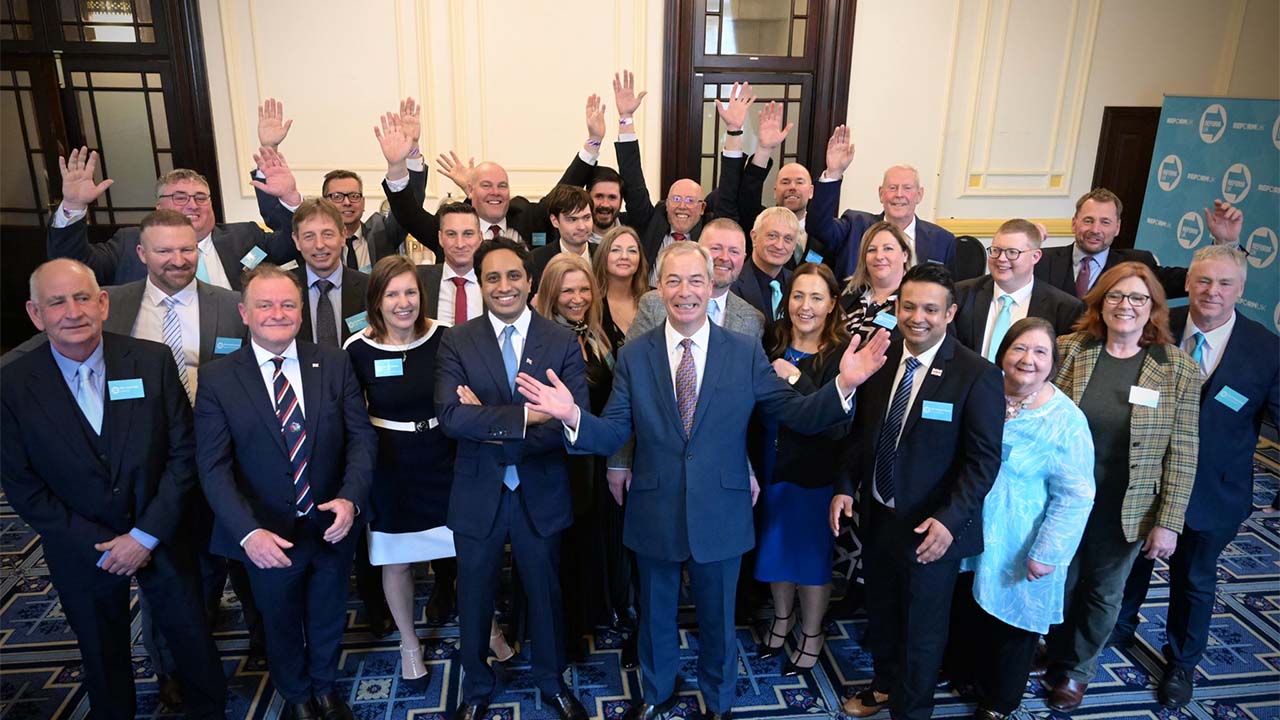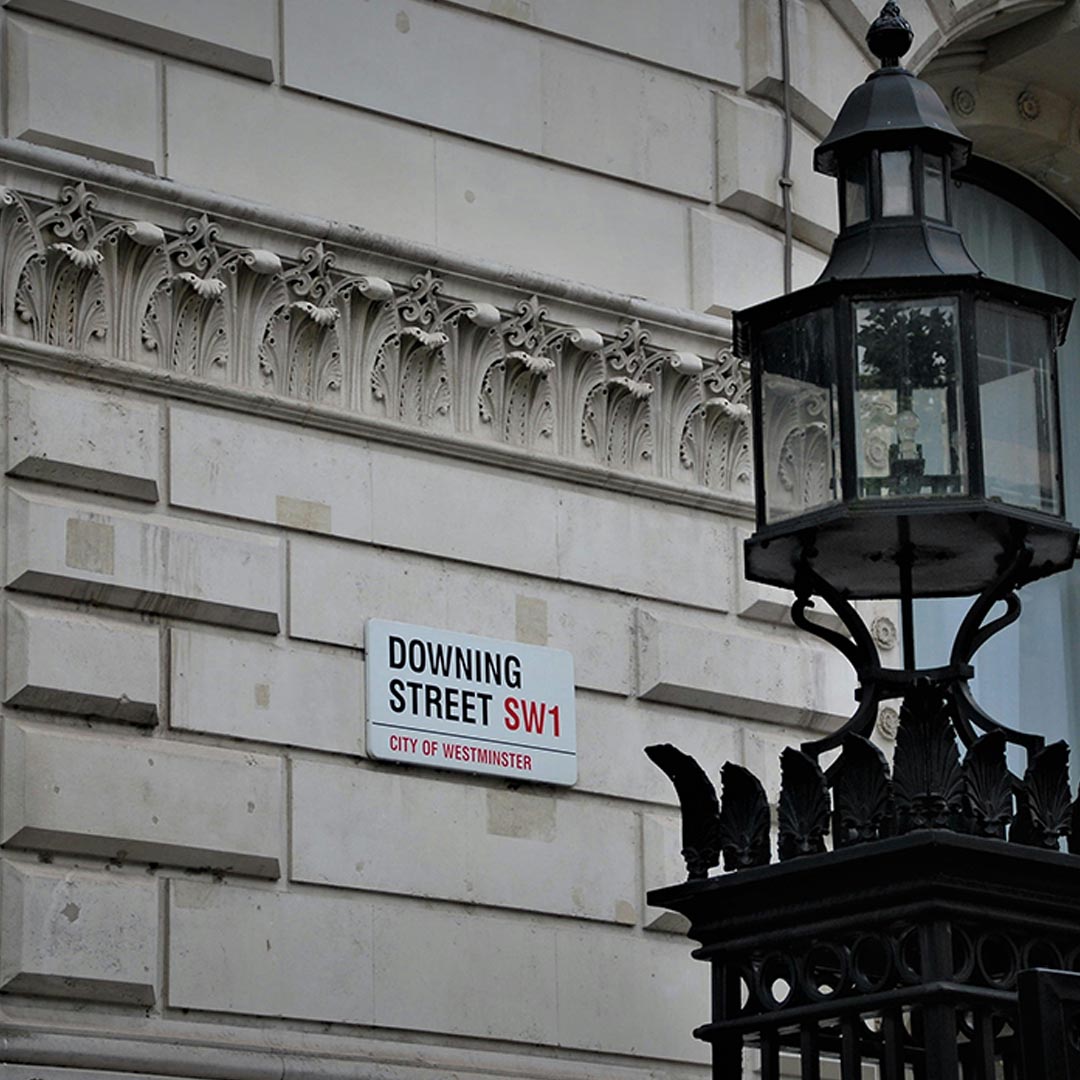Money makes the world-go-round.
And on both sides of the pond big financial plans were centre of attention this week.
This is traditionally the time for the UK Budget, though it has evolved from the days I remember growing up in Britain.
Back then, the Chancellor of the Exchequer would appear at the door of Number 11 Downing Street – his official residence – the massed press corps would shout their questions which always went unanswered, he’d wave his dispatch box for the cameras and then pile into the pack of a waiting Jag or Rover for the short drive to Westminster.
There, with a sheaf of papers in one hand and a whisky and soda to cool his pipes in the other, he would deliver the highlights and lowlights of the coming year’s finances.
Tuppence on a pint of beer, sixpence on a packet of fags, and a few bob on a gallon of gas would be the headlines. The rest was about income tax, interest rates and ‘departmental spending targets’.
But the Brits aren’t alone in worrying about money, how to collect it and spend it.
U.S. President Joe Biden has spent the week frantically meeting with elected members of his own Democrat Party to convince them to support his blockbuster financial plan designed to fulfil his desire that the wealthy and big business pay their “fair share”.
President Biden is racing against the clock to pass a Billionaire’s Proposal which will tax the richest people in the country – including Elon Musk, Jeff Bezos and Mark Zuckerberg – to fund his social care, clean energy and job creation plans.
Biden’s plan would see those with $1billion in assets or $100 million in income pay a premium on their income tax. This would include taxing their currently tax-exempt gains on stock portfolios.
And with a proposed minimum 15% Corporation Tax the rich and the powerful are getting worried.
So are some in the normally left-leaning Democrat ranks. They have expressed doubts about the level of spending being proposed and its impact on inflation. While senior Democrats are confident they can corral the majority of Democrats in Congress to support the President, two elected members are holding out.
West Virginia Democrat Joe Manchin and Arizona Senator Krysten Sinema are the politicians Biden has to convince.
These are the Democrats odd couple.
Manchin is the only Democrat representing a state which is the centre of the US coal sector. This is Trump country. If Manchin doesn’t compete for the seat again in 2024 it will almost certainly return a Republican and with it control of the Senate will fall. A former governor, Manchin personally holds millions in stocks in the coal industry and his campaigns attract the most financial support from fossil fuel lobbyists, He has already used his standoff position to secure exemptions and soften plans to make renewables more attractive than fossil fuel sources.
Sinema was a member of the Green Party before switching to the Democrats and winning the Arizona senate seat in 2018. You would imagine she would be aggressively supporting the climate change agenda the President is pursuing but this is Arizona. This is the state which John McCain represented and his frequent run ins with the Republican Party establishment made him a popular ‘independent’ with all voters in the state. Sinema’s hold out may be less about returning the big business favours Manchin which owes, and more about her building a personal brand for what may be a long and rewarding career representing the state.
Because the President needs a simple majority in the 50-50 split Senate to pass his Bills, he knows just one hold out will mean he gets nothing passed.
The President’s initial proposal to spend $3.5 trillion on renewing and refreshing the nation’s crumbling infrastructure, to tackle climate change, provide early years education, a health safety net and job training and creation has already been whittled down to a seemingly more manageable $1.75 trillion to appease nervous Senators and Representatives ahead of next year’s crucial mid-term elections.
But the clock is ticking.
Biden knows he needs to get his proposal cleared by the weekend when he heads off to Scotland for the COP 26 summit. So do those he is negotiating with.
If the President is going to strong arm other nations into signing up for radical policies and proposals to tackle climate change, he knows he needs to have his own house in order first. Again, so do those he is negotiating with.
In all likelihood therefore, the President will have to further temper some of his ambitions.
The plan to change the tax code to go after stock portfolio gains seems to be the most likely to be dropped as there are numerous legal, privacy and regulatory hurdles to overcome before that could be delivered.
But, in order to meet the policy goals he has repeatedly told the American public are his priorities, the President is engaged in a fair amount of horse-trading.
It appears any additional income tax increases, rather than being reserved for those earning over $100 million a year, will now impact those who are scraping along on a miserly $10 million.
I imagine armies of financial advisors and tax experts will be rubbing their hands with glee. Their services will be in high demand from those looking to take their bumper salaries in stocks and bonds to avoid having to contribute to the President’s plans for national renewal.
But Biden has to find a solution to the hold out of Manchin and Sinema and that may be the price he has to pay.
All eyes therefore will be on COP26 this weekend, not just for what is said about the Climate Crisis, but what it means for the U.S. domestic policy agenda.













